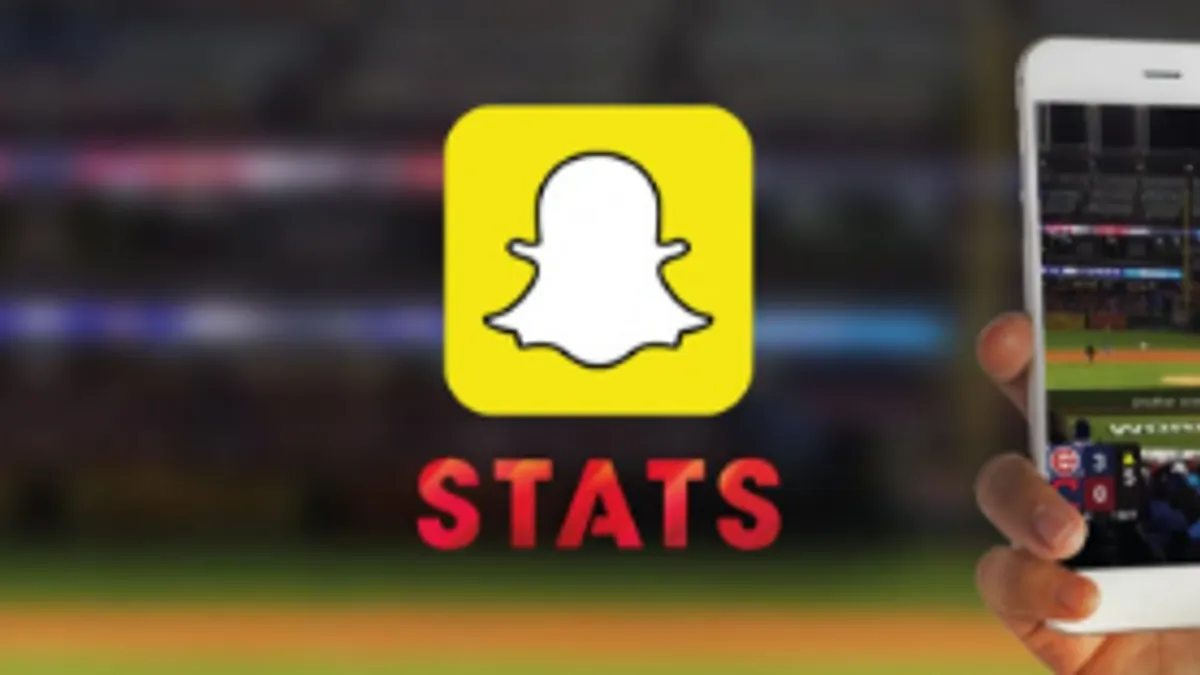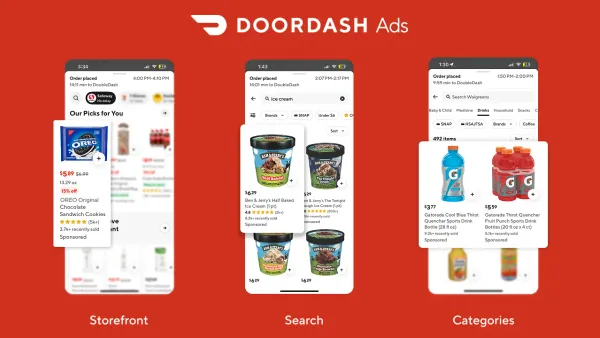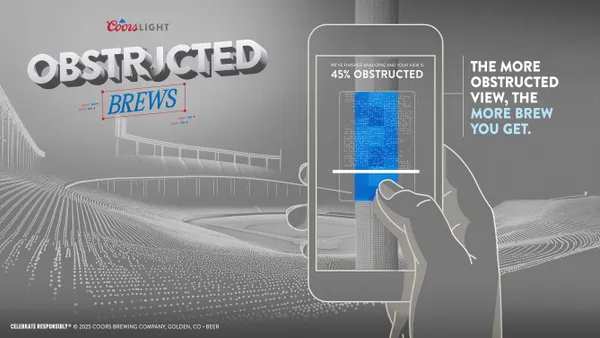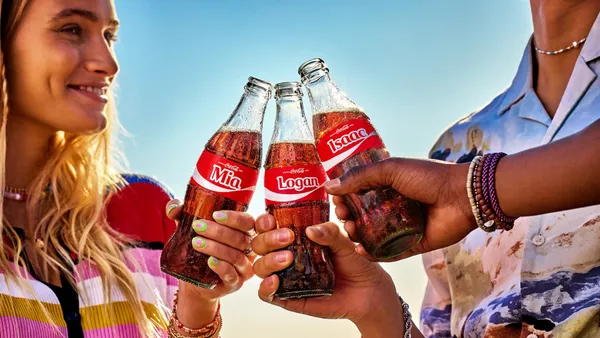Dive Brief:
- RBC Capital Markets and Ad Age surveyed some 1,600 marketers to "gauge the pulse of the digital advertising industry" and found respondents aren’t seeing ROI for their efforts on Snapchat and are more willing to spend ad budgets on Instagram, which offers a Snapchat copycat feature called Stories.
- The most telling metric was a breakdown on ROI using an eight-point scale. Google (6.98) and Facebook (6.72) — the world's two largest digital ad platforms — led the pack while Snapchat (3.43) trailed in seventh place, falling behind other players like Twitter, LinkedIn, Yahoo and YouTube, and only surpassing AOL (2.88).
- Respondents marked Snapchat down in ROI because of competition from Instagram, poor measurement metrics and targeting as well as a decrease in user engagement and open rates.
Dive Insight:
While Snap, Snapchat's parent company, popped during its initial public offering of stock two weeks ago, its stock price dipped almost immediately after amid gloomy analyst forecasts and rumblings that the company was overvalued.
If the RBC/Ad Age research is any indication, marketers — who've previously been fixated on Snapchat for its youth-centric audience — might be cooling a bit on the app as well. Snapchat has often proved frustrating in regards to key measurement metrics like ROI and viewability and might not be worth the effort now that several other platforms, and especially Instagram, offer nearly identical services with larger built-in audiences and more robust marketing tools.
Facebook, which owns Instagram, also recently rolled out yet another Snapchat clone for its popular Messenger chat app called Messenger Day, though early reactions to the feature appear mixed from users and brands can't currently advertise on it.
Snapchat was willfully late to the ad measurement and targeting game, citing keeping its users away from "creepy ads," but it began ramping up both capabilities over the past 12 months or so. However, even given these tools, Snapchat advertising appears to be severely lacking in some regards, only scoring better for ROI than AOL, per the RBC/Ad Age study.














